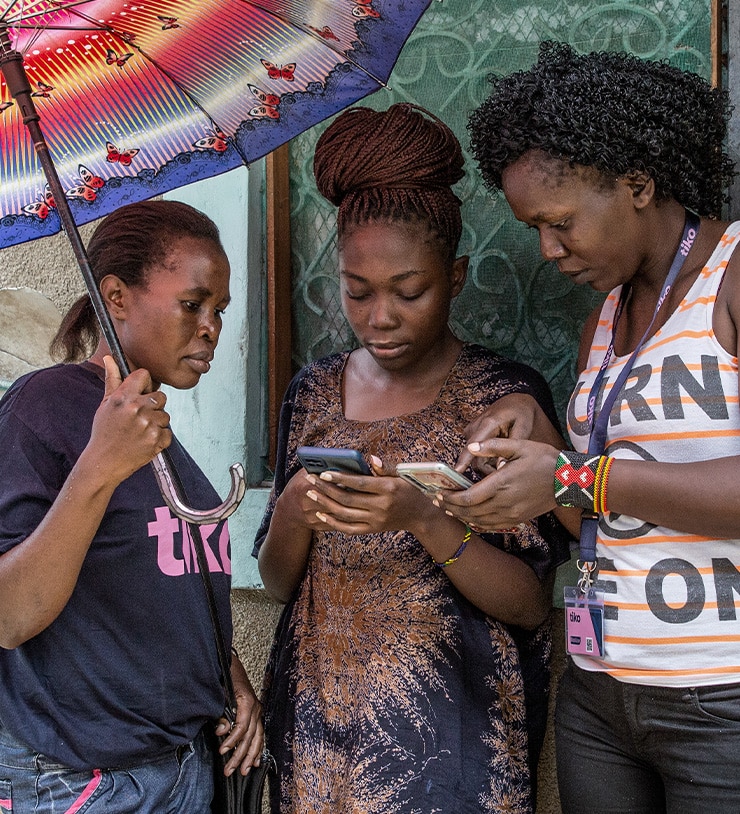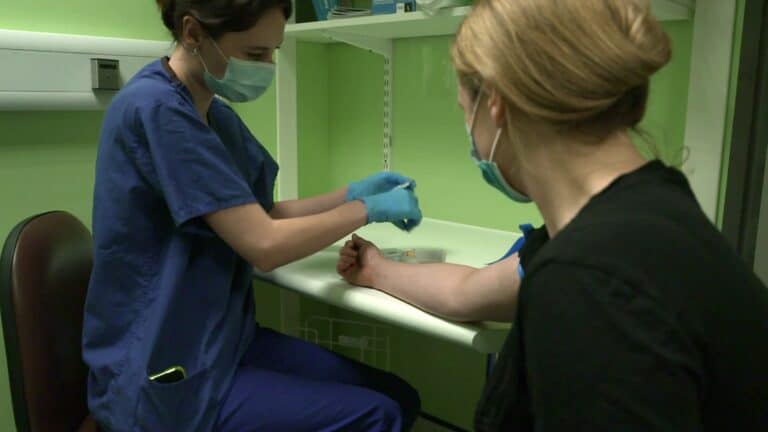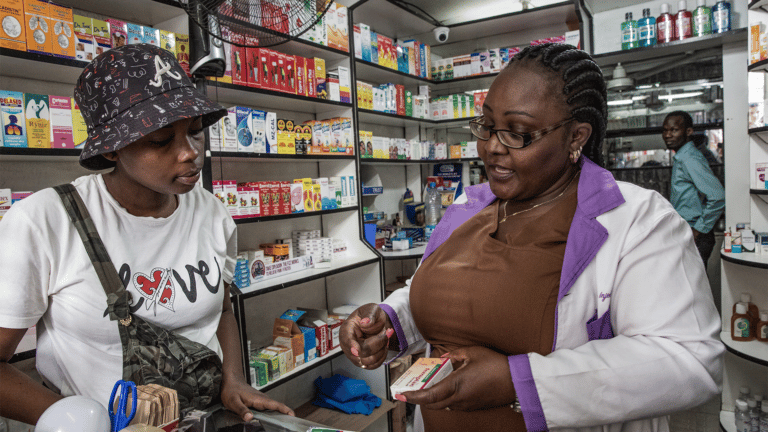Making mental health a priority in HIV prevention, treatment and care is essential to improve the overall health and wellbeing of people living with or at risk of acquiring HIV. That’s why the Elton John AIDS Foundation is working closely with our partners around the world to bridge this gap.
WHAT WE’RE DOING
- Integrating mental health services into HIV service delivery platforms that already exist.
- Providing education and resources about mental health to people living with or at risk of acquiring HIV.
- Raising crucial awareness of the intersectionality of HIV and mental health.
WHY WE’RE PRIORITISING MENTAL HEALTH
- By integrating mental health services and HIV prevention, treatment and care, people living with or at risk of HIV will receive integrated people-centered health services that address both their physical and mental health needs in one place, helping to improve their quality of life.
- Mental health and HIV care are interconnected. People living with HIV are at a higher risk of developing mental health conditions such as depression and anxiety. This can impact a person’s ability to manage their HIV care, leading to poor treatment adherence and worse health outcomes.
- Integrating mental health services into HIV prevention, treatment and care can help to reduce the stigma associated with mental health conditions, making people living with or at risk of HIV feel more comfortable seeking the care they need to thrive.
“It has long been established that HIV, TB and mental health conditions are inextricably linked. Thus, integrating mental health and psychosocial services into HIV and TB programmes will not only help millions of vulnerable people, but will end these co-epidemics at a faster rate, and in a cost-effective way. It is only by ensuring full integration of mental health into both the global and national response plans that we can reach the 2030 targets we have committed to achieving, with catalytic investment ensuring a strengthening of health systems at a time when it is needed most.” – Sarah Kline, CEO, United For Global Mental Health





